The Mirror & The Billboard
For many of us, there is an unspoken discomfort that arises in us when we enter a room and there facing us is a person with a visible disability. It might be a child in a wheelchair or an adult with Tourette’s syndrome, but regardless of the disability, the feeling is the same. We feel a sudden need to avoid the individual completely to ease our discomfort, or we fearfully fumble over what we should do or what we should say.
Why do we respond this way?
Our culture demands perfection and mess is not allowed. The American Church is no exception. We might not admit it, but we, as Christians, buy into the worldly philosophy that our value and dignity is found in our outward appearances, our achievements, and our ability to be self-sustained. So, when we’re confronted with anyone (including ourselves) that falls short of these measures, our first response is to want to fix it or pretend as if it doesn’t exist.
The truth that we must accept if we’re to follow the Gospel of Christ is that outward perfection and self-righteousness will not save us.
Luke 5:31-32: Jesus answered them, “It is not the healthy who need a doctor, but the sick. I have not come to call the righteous, but sinners to repentance.”
Rather, our neediness for Jesus is the base requirement for salvation. Consider the physical need of the disabled person in your church. When you look at them, is it not as if Christ Himself held up a mirror and showed you your spiritual need for Him? All people, disabled or not, are desperately in need of salvation. The person looking back at you might be visibly broken in a way that you aren’t, but recall the brokenness in your soul. In many places Scripture uses disability as a metaphor to highlight spiritual truths about us; see the language of Isaiah 59:10 for one example,
“Like the blind we grope along the wall, feeling our way like people without eyes. At midday we stumble as if it were twilight; among the strong, we are like the dead.”
Disability functions as a mirror that reflects back the truth about our needy and broken souls.
Contrary to what our culture believes, God gave us inherent value and dignity by creating us in His image. He accepts us wholly not because of our successes or physical beauty, but because we’ve been made righteous through Christ. The image of God does not equate to popular notions of beauty, power, and excellence. The able are just as in need as the poor, the crippled, the lame, and the blind. And disability doesn’t just mirror our spiritual neediness to us, it also points us to some of the most incredible truths about our Savior. Our perfectly beautiful God became man in Jesus and took on the wounds, paralysis, and pains of the cross - He acquainted Himself with disability. Those who bear physical disability are not just reflectors of human sinfulness, they are also reminders of divine redemption. Our discomfort with disability not only confronts us with our own spiritual brokenness, but also with the fact that we don’t honor physical brokenness like God does.
When your discomfort arises, let it settle. Confront the mirror. Respond with a recollection of your own brokenness. Honor, love, and respect the glory of God shown through both physical and spiritual brokenness. Remember that God’s power is made perfect in weakness (2 Cor. 12:9) or to read the verse more provocatively: God’s power is made perfect in disability. It might surprise you how quickly your heart opens to a disabled individual. Allow your heart to accept this person who is broken and messy just like you. This step can usher in great healing to a disabled person who has needed acceptance and has never found it in a church setting. In doing so, you are ultimately showcasing God’s acceptance of them regardless of their disability.
A friend told me once about how a congregant in her church with special needs made a single mom and her son feel at home in their church. This family thought that if this church could welcome a visually broken person into their congregation that, well, it was like the church was holding a giant billboard that said, “We welcome hidden brokenness too.” This friend said, “it’s kind of like how all of the adoptions at the church that you go to speaks into the mission that ALL are welcome.”
